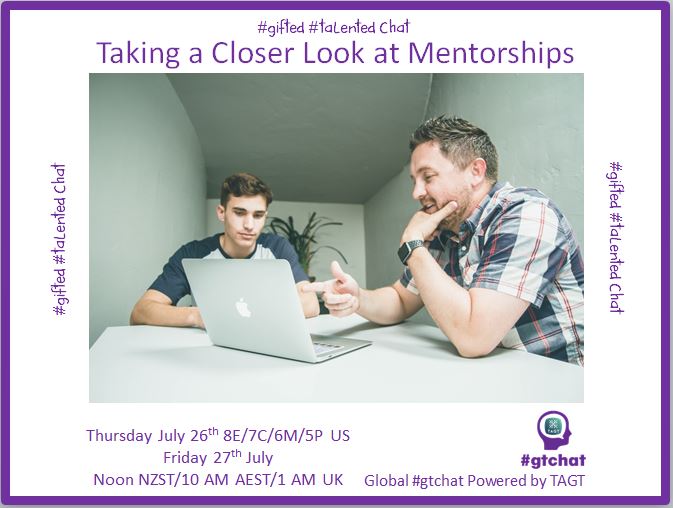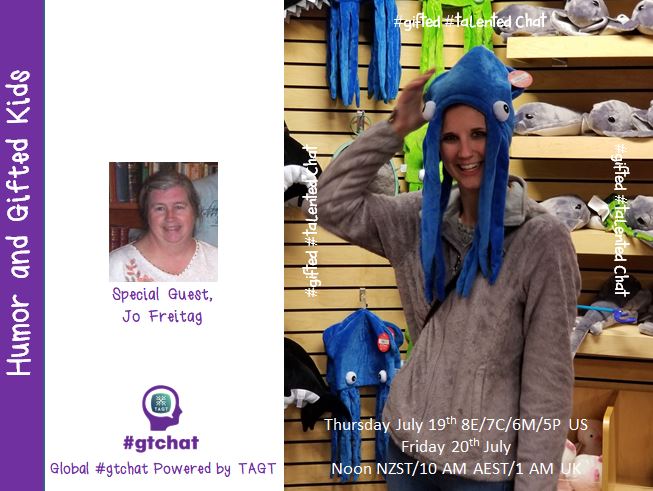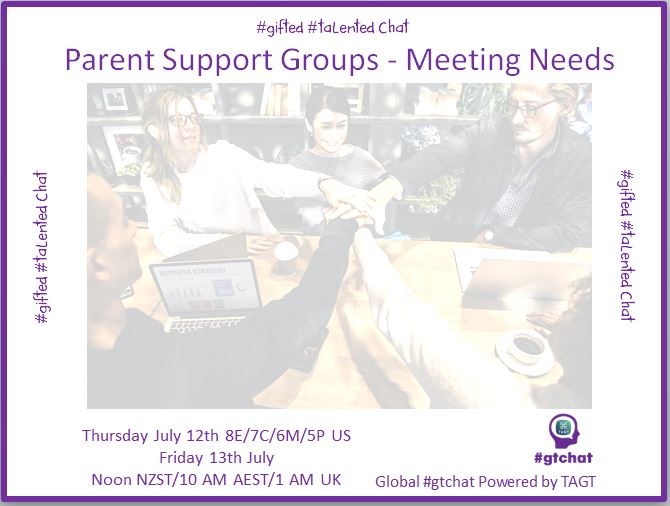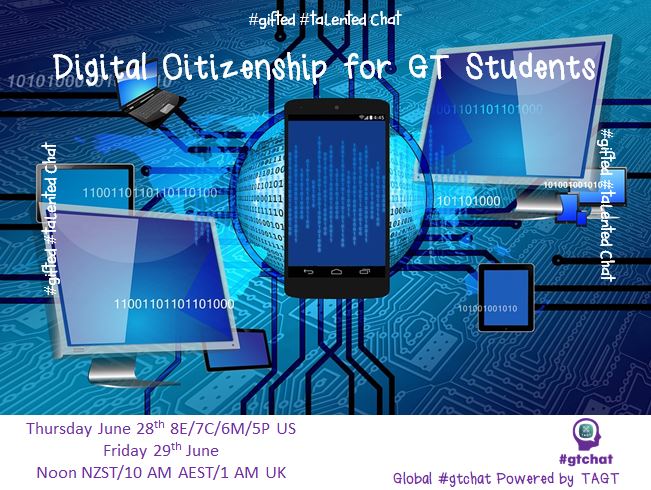
Mentorships are an important part of gifted education for many gifted and talented students. They differ from internships or apprenticeships as these are vehicles that allow students to learn new skills and to investigate careers. Mentorships are relationships based on shared passions and values that are passed on to the student. It is more than a casual relationship.
Mentorships provide a student with someone who can encourage, inspire, and give insights by sharing time, talents and specific skills. Mentors, when properly matched, serve as role models. They can stimulate intellectual discovery, bring excitement to the learning process, and provide understanding of the student’s passions.
Intellectually and artistically gifted students can benefit when paired with masters in their fields such as artists, musicians, scientists, business professionals and scholars. Multipotentiates specifically benefit from mentorships by honing in on a vision of their future self that is guided by a mentor with similar lived experiences in their areas of passion. Well done mentorships provide depth and challenge to educational experiences for gifted students.
As with participation in any academic intervention, the gifted student should be an integral part in deciding if they want to have a mentor and will be a willing participant. Then, needs should be discussed. Special consideration should be given to availability, enthusiasm to mentor, expertise, and personal compatibility with the student when choosing a mentor. Mentorships should be monitored over time to ensure that the student is benefitting from the relationship and progress is being made towards initial expectations.
Resources available to locate mentors can be found in surprisingly simple places … local parent groups and schools or universities, local businesses, institutions supporting the arts, and professional organizations. Locating mentors for gifted students can tap opportunities available within existing gifted programming such as educators and professionals in magnet schools, AP/IB programs, or governors’ schools.
Mentoring relationships can be differentiated by considering the specific needs of a student, where parties to the mentorship are located, expectations regarding ultimate goals to be achieved by mentoring, and time constraints. Mentorships can be classified as one-on-one relationships that revolve around in-person communication, online mentoring via electronic communication, or group mentoring that involve a mentor and multiple mentees.
If you are interested in learning more about mentorships, check out the resources below. A transcript of this chat can be found at Wakelet.

Global #gtchat Powered by the Texas Association for the Gifted and Talented is a weekly chat on Twitter. Join us Thursdays at 8E/7C/6M/5P in the U.S. and Fridays at Noon NZST/10 AM AEST/1 AM UK to discuss current topics in the gifted community and meet experts in the field. Transcripts of our weekly chats can be found at Wakelet. Our Facebook Page provides information on the chat and news and information regarding the gifted community. Also, checkout our Pinterest Page and Playlist on YouTube.
 About the author: Lisa Conrad is the Moderator of Global #gtchat Powered by TAGT and Social Media Manager of the Global #gtchat Community. She is a longtime advocate for gifted children and also blogs at Gifted Parenting Support. Lisa can be contacted at: gtchatmod@gmail.com
About the author: Lisa Conrad is the Moderator of Global #gtchat Powered by TAGT and Social Media Manager of the Global #gtchat Community. She is a longtime advocate for gifted children and also blogs at Gifted Parenting Support. Lisa can be contacted at: gtchatmod@gmail.com
Resources:
Mentor Relationships and Gifted Learners (1990)
Mentor Relationships How They Aid Creative Achievement (Torrance – Amazon 1984)
Mentoring and Your Child: Developing a Successful Relationship (pdf)
Davidson Institute: Mentoring Guidebook (pdf; updated 2018)
Mentor: The National Mentoring Partnership
Gifted Children and the Role of Mentors Blog Hop
Developing Mentorship Programs for Gifted Students (Practical Strategies Series in Gifted Education) (Amazon)
Finding Mentorship: Gifted Students Need Guidance, Too
Mentoring Gifted Children: It Takes a Village
Cybraryman’s Tutoring and Mentoring Page
Hoagies Gifted: Mentors for Gifted Students
NAGC: Peer Tutoring and Gifted Learners – Applying a Critical Thinking Lens
Sprite’s Site: Asking for Help – A Guest Expert Panel Q&A Session
Sprite’s Site: Purple Riding Boots
Photo by NeONBRAND on Unsplash
Graphic courtesy of Lisa Conrad.


